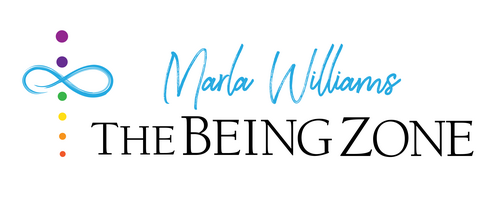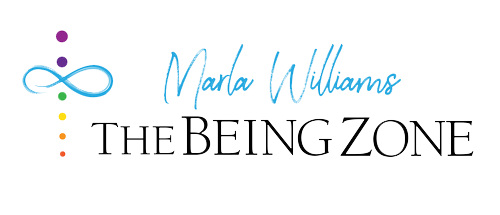
Multiple research studies confirm the fact that journaling is healthy for you. It helps reduce stress; decreases scattered feelings and releases pent-up thoughts and emotions. On top of that, they have shown that journaling can heal you and increase your immune function.
Think about how amazing this simple tool is. The act of writing down your thoughts and feelings can help release them, increasing your happiness and health. It is very therapeutic. I encourage all my clients to journal to liberate memories from childhood or traumas through life issues today. They report back to me that it helps their mental wellbeing and the side benefit is when they let go of worry or stress by journaling that they have seen improvements in their overall physical health.
Most of my clients say they hate to write, so my intention today is to make it easier for you by decreasing the pressure of whether you are doing it right or wrong. There are no set rules for journaling, but I would like to share some guidelines or tips to make it a more comfortable and successful experience for you:
- Try to journal at a set time every day and be consistent. If you only have 2 or 3 minutes, just journal for that amount of time. If you have 5 or 10, let it flow. I encourage first thing in the morning as part of your daily practice or at the end of the day to release all the “stuff” from your day. Sometimes you may want to journal for hours if you have the time.
- It is for your eyes only so be 100% honest. The more real you are, the more you heal. They proved this in a study done evaluating the blogs of 911 survivors. Some of my clients have told me that after writing, they can feel sad or depressed. It is no different than seeing a sad movie; the feeling will dissipate. However, if you are getting extremely upset about writing about something, stop or change topics.
- Write from your heart and let it flow. I encourage starting with your past to release it. For instance, you may write about your deepest emotions and thoughts about the most upsetting experience in your life. Let go and explore your feelings and thoughts about it. How is this experience related to who you would like to become, who you have been in the past, or who you are now?
- You don’t have to write anything earth shattering or life changing. Write about a small detail about something you did, thought, heard, or saw today.
- To keep or not to keep: You can write on scratch paper and throw it away or burn it when done (which is healing in itself) or write in journals and go back to see if writing about a concern has lessened the impact it has on you. During my healing years, I always wrote in journals and can go back now and see how old issues that were a factor in my life, are no longer. Today I often write on scratch pads.
- Don’t worry about spelling or grammar. It doesn’t matter. If you can read it and make sense of it later if you go back to look at it, then all is good. If you run out of things to write about, just repeat what you have already written.
- Potential Topics to Help You Get Started:
- What causes you to worry or stress?
- You can decipher what that dream you had meant.
- Who or what might be affecting your life in an unhealthy way?
- What do you tend to avoid in your life?
Journaling is also very useful in the process of discovering your authentic self, your purpose or calling. When you journal about beautiful memories throughout your life, little nuggets show up that lend to who you are at the core and suggest that it is a part of your purpose. I take many of my clients through this journaling exploration to be able to identify what resonates most.
If journaling is not a current habit, I highly recommend you start today and see what a difference it can make in your life!
Cited Research
Pennebaker, J.W. (1997). Writing about emotional experiences as a therapeutic process. Psychological Science, 8(3), 162-166.
Spera, S. P., Buhrfeind, E. D. & J.W. Pennebaker, (1994). Expressive writing and coping with job loss. Academy of Management Journal, Vol. 37, pp. 722-733.
Pennebaker, J. W., & Chung, C. K. (2007). Expressive writing, emotional upheavals, and health. In H. S. Friedman, & R. C. Silver (Eds.), Foundations of Health Psychology (pp. 263-284). New York: Oxford University Press.
Pennebaker, J.W. (1997). Opening Up: The Healing Power of Expressing Emotion. New York: Guilford Press.
Pennebaker, J. W., Kiecolt-Glaser, J. K., & Glaser, R. (1988). Disclosure of traumas and immune function: Health implications for psychotherapy. Journal of Consulting and Clinical Psychology, Vol. 56, pp. 239-245.
Smyth, J. M., Stone, A. A., Hurewitz, A., & Kaell, A. (1999). Effects of writing about stressful experiences on symptom reduction in patients with asthma or rheumatoid arthritis. Journal of the American Medical Association, Vol. 281, pp. 1304-9.

